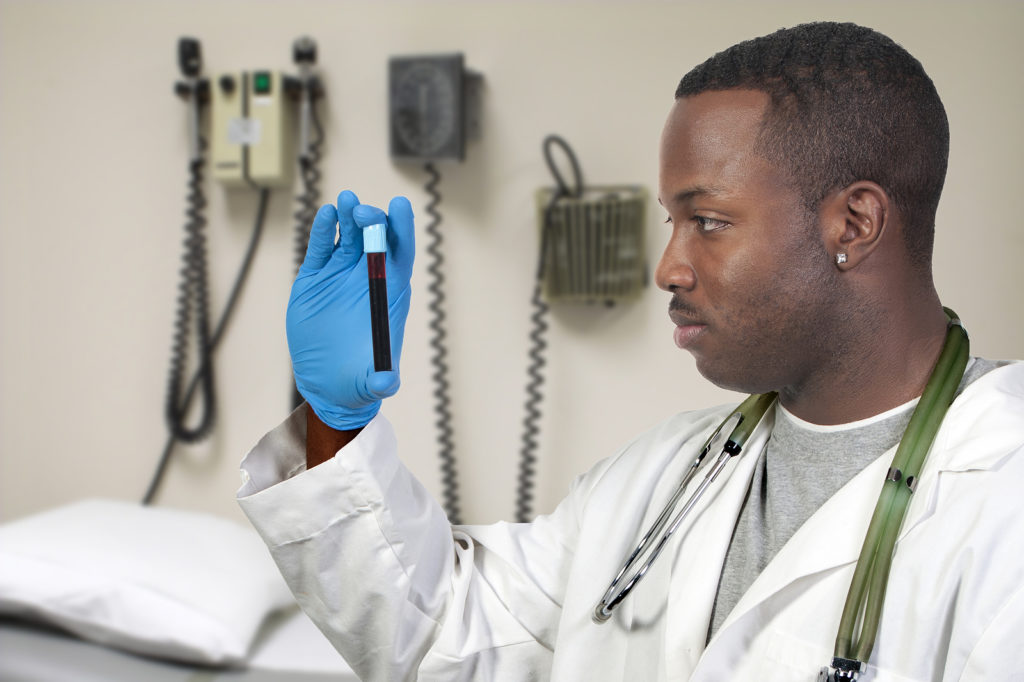The Five Largest Employers of Phlebotomists
If you're thinking of training to become a phlebotomist, you might be wondering what kinds of jobs will be waiting for you after certification.
In general, the outlook on jobs in phlebotomy is favorable. According to the U.S. Bureau of Labor Statistics, approximately 139,400 people work as phlebotomists (as of 2022, the most current statistics available).
Researchers estimate that number will rise by 10,800 between 2022-2032, representing an increase of 8%, higher than the average rise in all types of jobs in this country.
Where to Work as a Phlebotomist
With the above stats in mind, here are the five largest types of employers of phlebotomists in the United States, per the BLS.
1. Blood Donation Facilities
There is an ongoing need for blood, which is stored in blood banks and is transported to places like emergency rooms and hospitals. To help stave off a public health crisis, these facilities need to hire phlebotomists to keep up with the number of individuals coming in to donate blood. This blood will then be used to save lives throughout the community.
2. Doctors' Offices
Routine blood draws are par for the course when you work in a doctor's office. Patients may need their blood tested to see what their cholesterol levels are or if they are deficient in any way, such as lacking iron. Often the doctors will want results as soon as possible, so they can explain the situation to their patients the same day as the appointment.
3. Hospitals
In a hospital setting, you may be retrieving blood from patients who have just arrived in the emergency room; for example, to obtain a toxicology screen for the victim of a car crash. Often, the blood you draw will help a doctor make decisions about treatment plans and whether to give a patient a prescription for one medication or another.
Therefore, this is very important work that has enormous implications for the health and safety of the patients you serve. You will have a sense of gratitude for playing a role in getting patients back on the road to wellness.
4. Laboratories
In a medical lab, you will draw blood from test subjects, such as when researchers are trying to determine the efficacy of a new drug they are studying before bringing it to market. Or, you may take blood from people to help identify new emerging diseases.
5. Outpatient Care Centers
Similar to the work you might find in a doctor's office setting, outpatient care centers routinely treat patients for multiple weeks in a row. They obtain blood samples on a regular basis to track a patient's progress. Your work as a phlebotomist will help the caregivers and patients see how well they are doing over time.
Your Career Providing Service to Others Through Phlebotomy
Becoming a phlebotomist makes for a noble career that's rewarding because of the many opportunities it gives you to be of service to others.
Whether you use your job skills to find work helping people donate blood, obtain samples for physicians, arrange to take blood during an emergency in a hospital setting, or do work to support scientists in a research lab, you'll have a sense of satisfaction knowing that you're participating in a vital aspect of the healthcare industry.
